Top 8 Mistakes Beginners Make When Learning an Instrument
Over more than two decades of seeing our music school grown in Everest, I’ve seen every kind of beginner—nervous kids, hopeful adults, and plenty of people who thought they had “no talent.” And over the years, I’ve also spotted the same eight mistakes popping up again and again.
It doesn’t matter if they’re 8 or 58; when someone picks up an instrument for the first time, these eight habits sneak in fast. And if we don’t catch them early, they stick around. Before you know it, they become part of your playing.
But here’s the good news: they’re fixable. You just need to spot them early and be patient with yourself as you work through them. Whether you’re teaching yourself or working with a tutor, this list is for you.
8 Mistakes I See All the Time (and What to Do Instead)
1. Slouching or Awkward Hand Positions
Posture might sound boring, but it makes a huge difference. I’ve seen players with sore backs, aching wrists, or tense shoulders, all because they weren’t sitting quite right.
What to do:
Sit comfortably with your back straight and shoulders relaxed. Raise the neck of your guitar just a little, enough to keep your hands relaxed. And if it still feels off? Try a strap, even while seated. It can work wonders.
2. Trying to Learn Everything Yesterday
We all want to play like Ed Sheeran or Slash by next week, right? But when you rush, you skip the foundation, and that’s what leads to frustration later on.
My advice:
Start with simple chords and songs, and don't rush to move on to more complex compositions. Play every day, even for 15 minutes. Enjoy the easy songs. Build slowly. It’s not a race.
Step by step, your technique will improve naturally.
3. Skipping Warm-Ups
You wouldn’t run without stretching first, so don’t play without warming up your hands.
Spend a few minutes stretching your fingers or doing simple patterns. It helps avoid strain and keeps your playing smoother.
4. Buying the Wrong Instrument
A guitar that’s too big or poorly set up can make playing way harder than it needs to be. I can’t tell you how many folks walk in with a guitar or ukulele that’s totally the wrong fit. And then they wonder why it feels hard to play!
Avoid this by:
Ask for help when picking your first instrument. We’ll help you find one that fits your body and hands.
5. Forgetting About Rhythm
Chords are important. But without rhythm? Even perfect chords won’t sound like music.
Here’s a trick:
Use a metronome when practicing. Tap your foot. Play along with a recording. Get that groove locked in, it’ll take you further than you think. While playing, listen carefully to how the song sounds and try to follow its rhythm.
6. Lack of Regular Practice
Playing only when you feel like it? I get it. Life’s busy. But if you only play when the mood strikes, you won’t get very far. Skipping classes slows down progress.
Instead:
Pick a time each day. Set small goals. Some of the best players I know practiced 15 minutes a day, rain or shine. Set yourself small goals, such as learning one chord a day.
7. Forgetting to Tune!
It is important to yourself and your audience that you always make sure you are in tune, whether you use a tuning app or an external tuner. This can make the difference in noticing your own progress. If you constantly play out of tune you will always think you're playing wrong even though you aren't.
8. Ignoring the Basics of Music Theory
Theory gets a bad reputation, but it’s not as scary as people think. And it helps. A lot. Don't try to play complicated solos before you've mastered the chords.
Try this:
Learn what chords are. Figure out how scales work. Notice how songs are built. It’ll make your playing more confident and more creative.
Be patient with yourself. Mistakes are part of learning, and every musician goes through them.
Final Thoughts
Learning to play an instrument is a process that requires patience, self-discipline, and attention to detail. By avoiding basic mistakes such as poor posture, ignoring the rhythm, or learning in a hurry, you can make significant progress and enjoy playing more. Remember that it is important not only to learn but also to enjoy the process.
No one picks up an instrument and becomes a musician overnight. We all hit walls. We all make mistakes. What matters most is how you respond to those little roadblocks.
At Everest Music, we’ve helped beginners from all walks of life find their rhythm. If I’ve learned anything, it’s this: progress happens when you show up, take your time, and enjoy the ride.


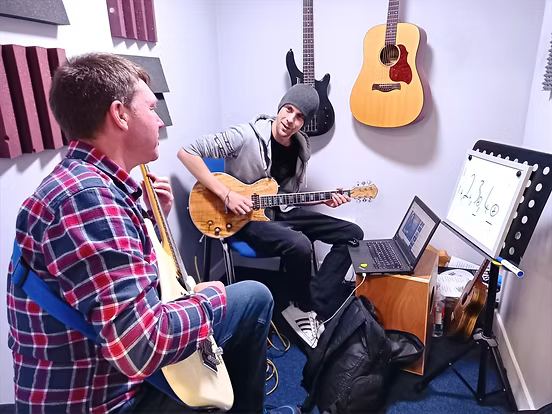
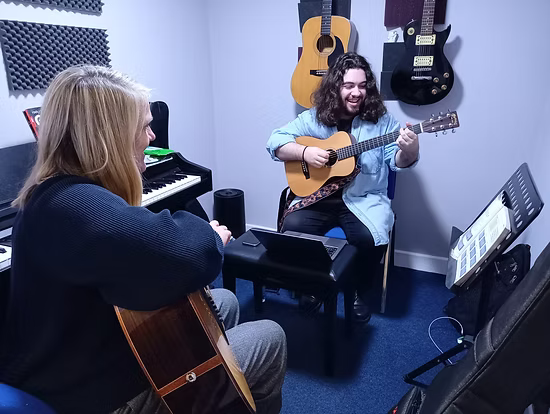
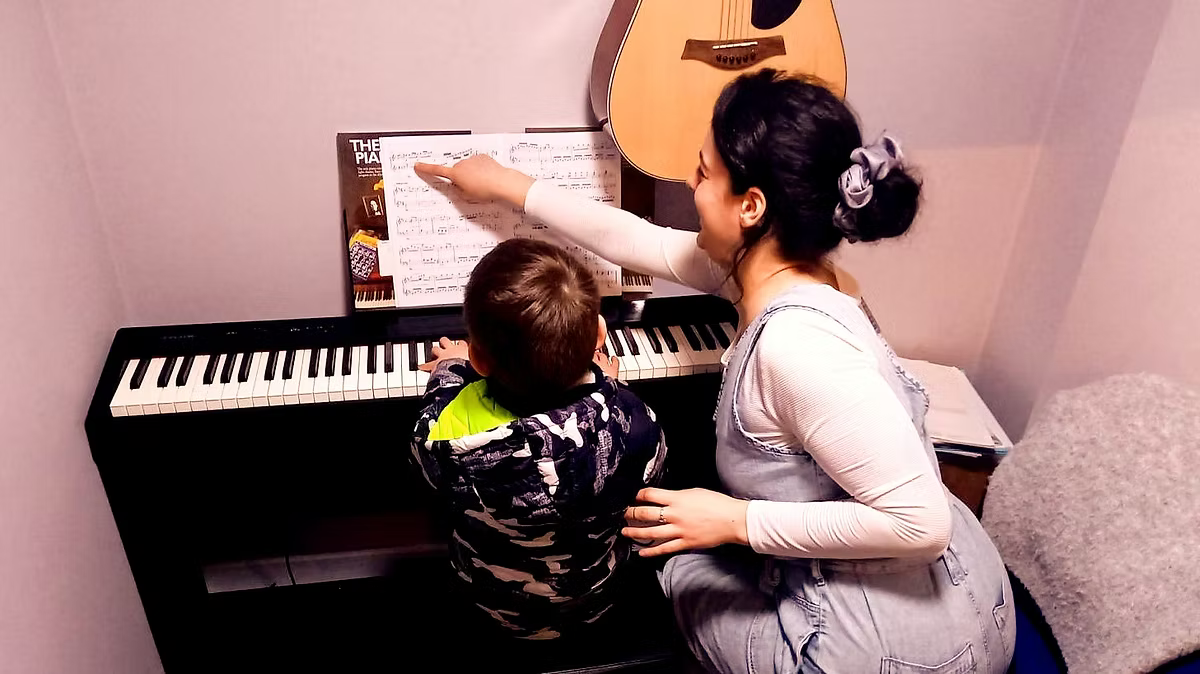

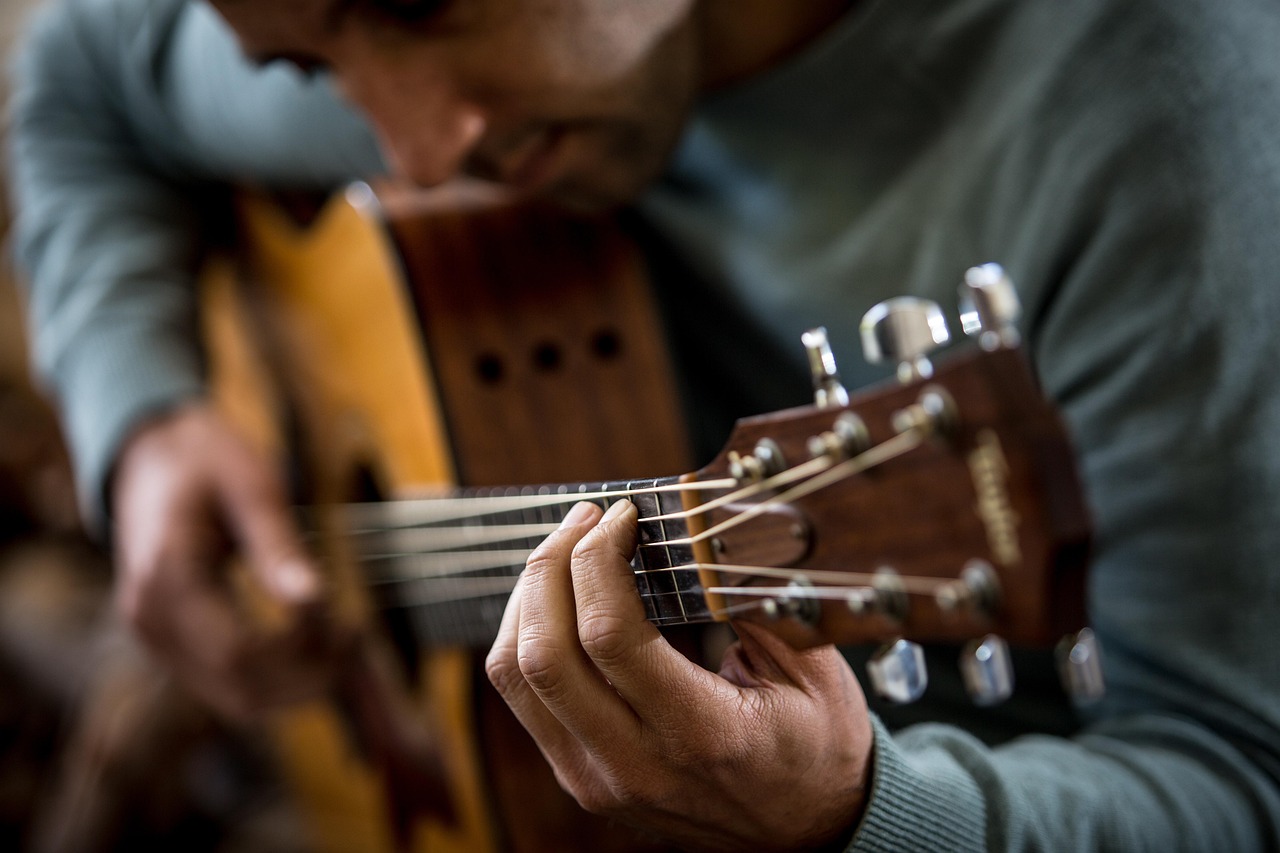
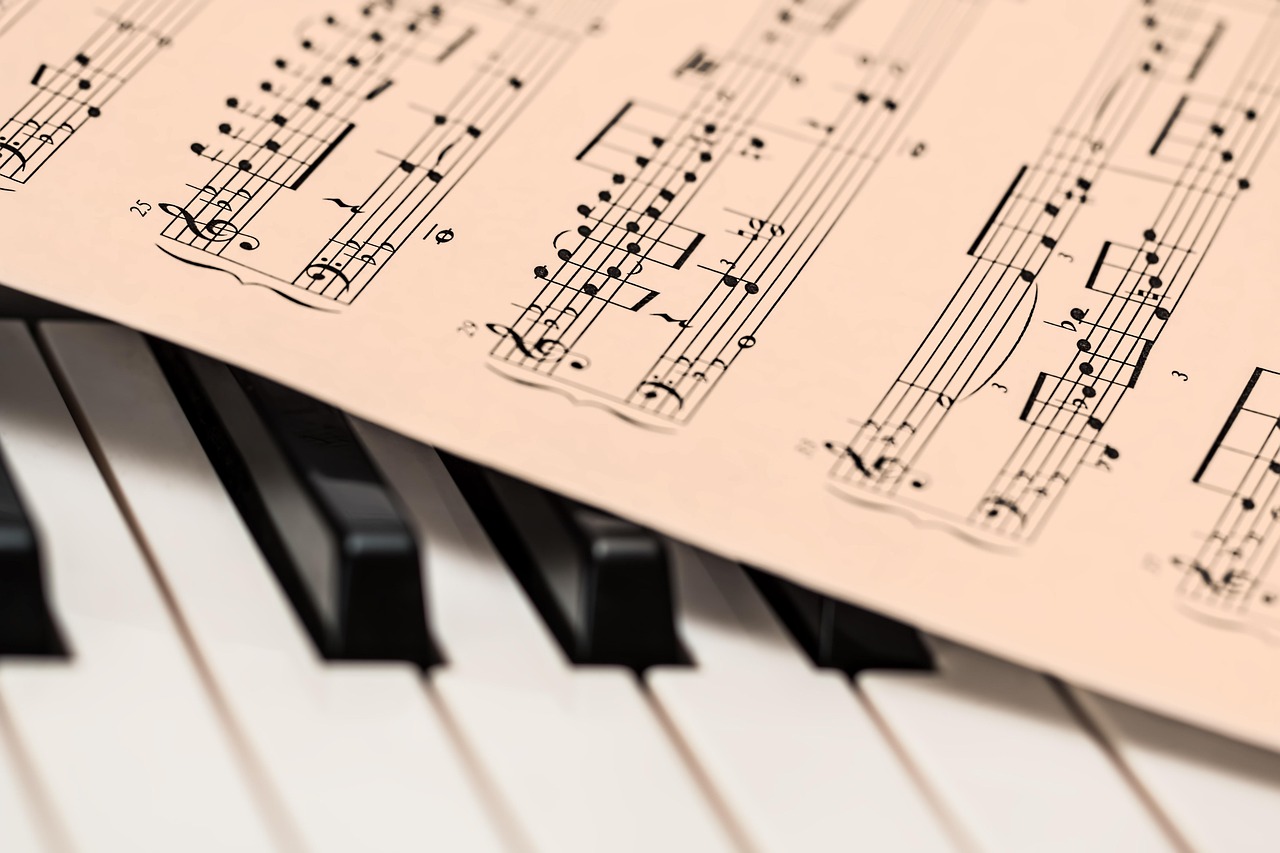



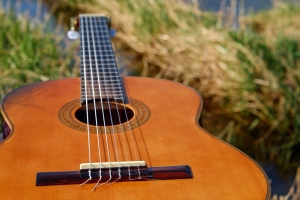

Please complete your information below to login.
Sign In
Create New Account